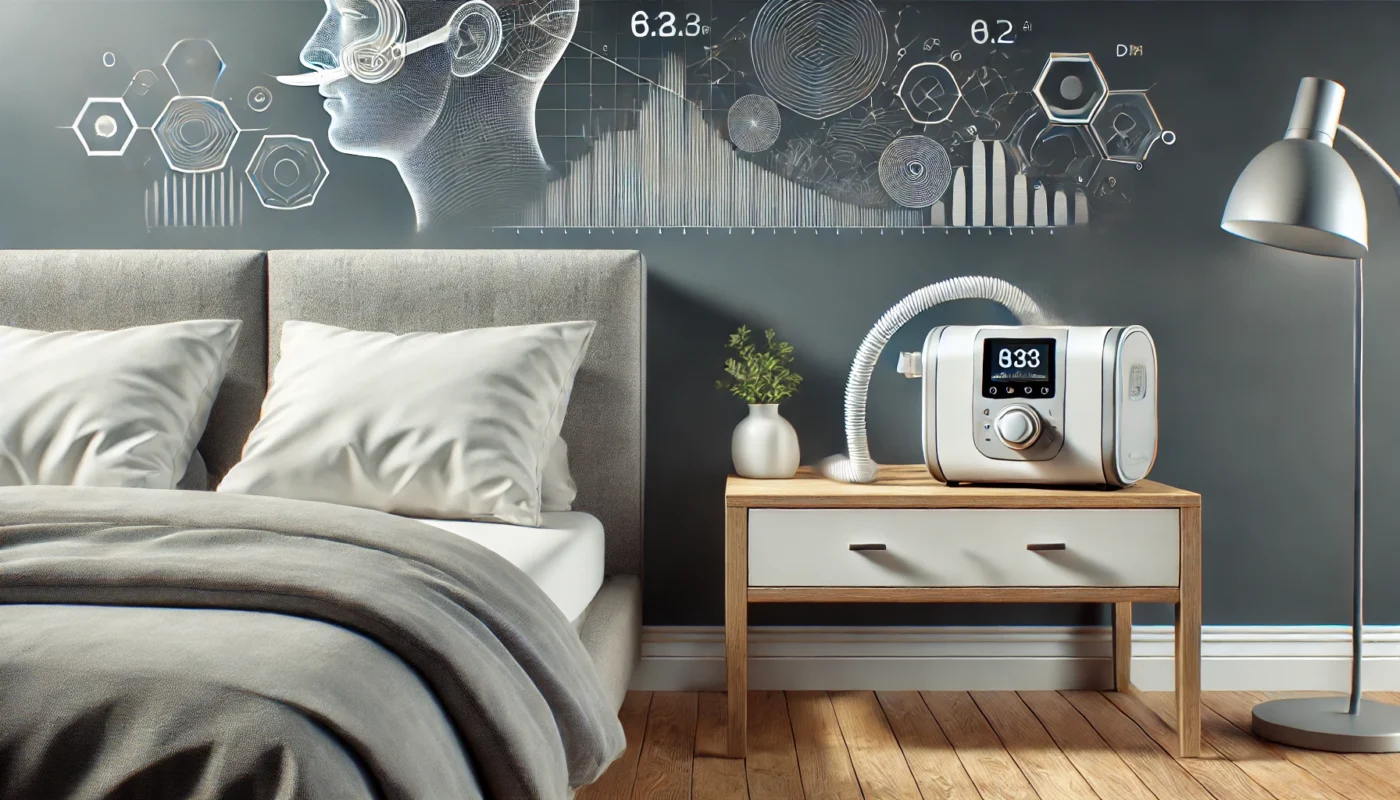To effectively combat swelling, it’s essential to comprehend what inflammation is and its role in your body. Inflammation is a natural response by your body’s immune system to fight off harmful stimuli, such as pathogens, damaged cells, or irritants. While acute inflammation is a protective mechanism, chronic inflammation can lead to various health issues.
Acute inflammation is a short-term response that usually occurs after an injury or infection. It’s characterized by redness, heat, swelling, and pain in the affected area. The purpose of acute inflammation is to eliminate the initial cause of cell injury, clear out damaged cells and tissues, and establish a repair process. In contrast, chronic inflammation is a prolonged inflammatory response that can last for months or even years. This type of inflammation can result from failure to eliminate the cause of acute inflammation, an autoimmune response to self-antigens, or a chronic irritant of low intensity that persists.
Inflammatory cells play a crucial role in the body’s response to injury or infection. Neutrophils, monocytes, and macrophages are types of white blood cells that rush to the site of injury or infection, where they engulf and destroy pathogens and debris. These cells release enzymes and chemical signals that recruit more immune cells to the area, amplifying the inflammatory response. While these processes are essential for protecting and repairing the body, they can also cause tissue damage if left unchecked.



